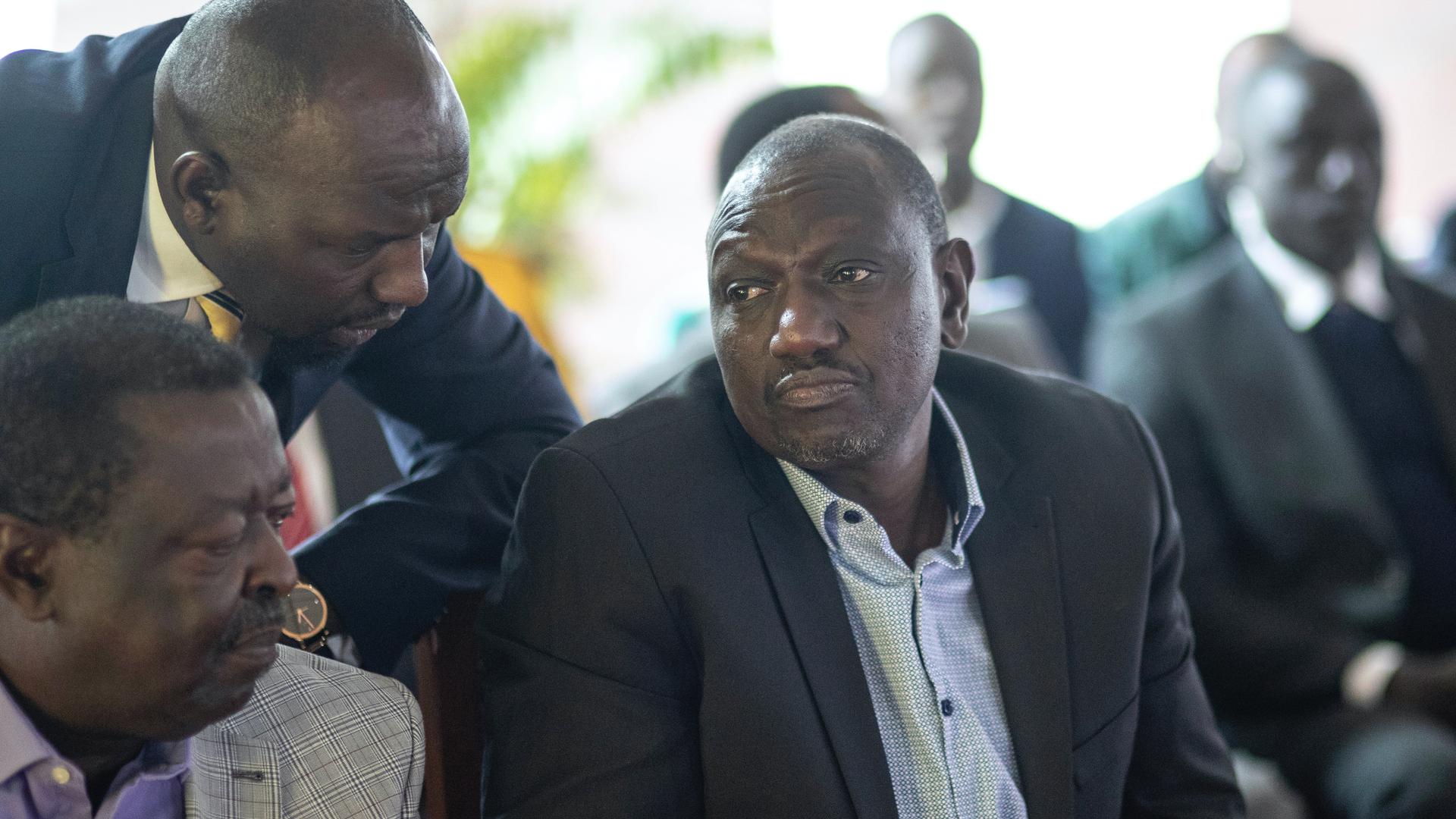On Monday, five-time presidential candidate Raila Odinga filed a legal challenge to Kenya’s 2022 presidential elections.
But countries around the world have already congratulated his competitor, William Samoei Ruto, who was announced the winner of the election last week by a slim margin of 1.64%.
The president-elect, who has served as deputy president for the past 10 years, has been elected at a time when Kenya’s flailing, debt-laden economy has left a lot of people struggling to make ends meet.
“Ruto is a leader who will bring development,” said 22-year-old David Kariuki, a motorcycle taxi driver, speaking from a political rally earlier this month. “The quality of life is very low.”
Kariuki exemplifies the type of ordinary voter that Ruto has been targeting throughout his campaign, under the banner: “Hustler Nation.“
“A hustler is a hard-working Kenyan who is ready to work hard,” Ruto explained last year.
“Wake up early, sleep late, do the right things, and climb the economic ladder,” he added.
Ruto, who self-identifies as a hustler, has often cited how — unlike most of his political opponents — he does not come from a wealthy or influential family.
Instead, as his humble origin story goes, he started out selling chicken on the streets and worked his way up to be a man of immense wealth and land.
That message has resonated with many Kenyans.
“He was their underdog, who was seen to be fighting for their interests against this classist, elitist group,” said Njoki Wamai, assistant professor of international politics at the United States International University Africa.
Ruto entered the political scene 30 years ago, beginning as a member of Youth for Kanu ’92, the youth wing of former President Daniel arap Moi’s political party.
“The Youth for Kanu ’92 was also accused of political violence and instigating instability,” Wamai said.
As he has amassed personal wealth, Ruto has also faced several allegations of corruption and land grabbing across his political career.
Still, he was seen as an effective political leader, especially as Minister of Agriculture, according to Wamai: “Lots of changes and quick changes came about during his tenure.”
Ruto’s national profile grew following the deadly postelection violence of 2007, when he and the current president, Uhuru Kenyatta, both faced charges at the International Criminal Court.
“Both Ruto and Kenyatta used the ICC against the ICC, and also to bolster their own popularity,” Wamai said, noting how they teamed up to fight those allegations and later won two consecutive elections.
In the years leading up to this election, Ruto steadily grew his support base across ethnic lines, especially in Mount Kenya, a politically powerful area that has produced three presidents.
Ruto, who identifies as a devout Christian, spent a lot of time appealing to religious and conservative voters there.
“They started taking him very seriously, ordinary people,” Wamai said. “He invested a lot in those churches.”
